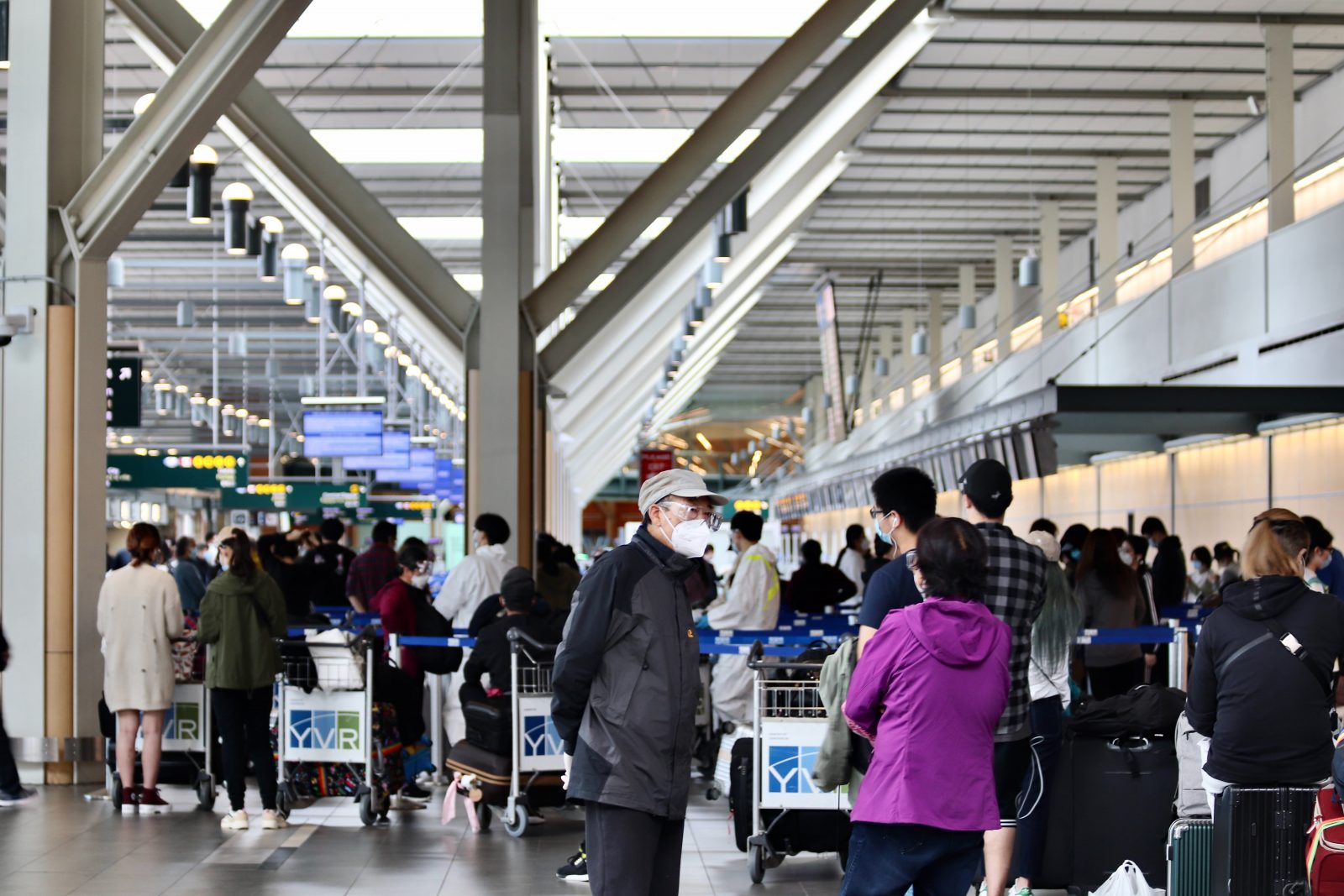
Canada will soon require all travellers planning to enter the country to first obtain a negative COVID-19 test certificate dated within 72-hours of travel. Unlike some countries, the mandatory polymerase chain reaction (PCR) test will not replace or even shorten a mandatory 14-day quarantine rule but is instead meant to be an “additional layer” of protection according to Intergovernmental Affairs Minister Dominic LeBlanc.
LeBlanc did not announce when the testing rule would come into force but said the necessary regulations would be put into place quickly and travellers would likely need a pre-departure test before being allowed to board a flight bound for Canada within the next week.
The extra requirement is believed to be part of Canada’s response to keeping out a new variant of the novel Coronavirus which was first detected in Britain and which is believed to be up to 70 per cent more transmissible than older variants of COVID-19.
Canada moved quickly to ban all arrivals from the UK but cases of the new variant have been detected in a number of countries including Australia, Denmark, India and the United States. The US Centers for Disease Control and Prevention (CDC) introduced its own pre-departure testing requirement on arrivals from the UK but stopped short of outright banning travellers from the country.
The CDC is, however, considering introducing its own pre-departure testing requirement on all international arrivals into the United States according to sources who have briefed Reuters.
A spokesperson for the CDC responded to the rumors saying: “efforts are currently ongoing in the U.S. to assess the risk reduction associated with testing and other recommended preventative measures, determine what a feasible testing regime for air travel may look like, and gain some level of agreement on standards for a harmonized approach to testing for international air travel”.
Unlike Canada, the United States accepts both PCR tests and faster rapid tests that can be performed on the day of departure and at a far lower cost. Rapid tests are, however, less accurate than lab-based tests despite significant improvements in the technology in recent months.
The aviation industry has been calling for some time for the introduction of mass pre-departure testing in an effort to make flying even safer. The industry would, though, like to see testing introduced as a way to ease travel restrictions without the need for quarantine.
Critics point out that even PCR testing isn’t 100 per cent accurate and some travellers who are recently infected won’t have enough virus in their body at the point the test is performed. Several days later, they could go on to infect people despite thinking they are safe.
Related
Mateusz Maszczynski honed his skills as an international flight attendant at the most prominent airline in the Middle East and has been flying ever since... most recently for a well known European airline. Matt is passionate about the aviation industry and has become an expert in passenger experience and human-centric stories. Always keeping an ear close to the ground, Matt's industry insights, analysis and news coverage is frequently relied upon by some of the biggest names in journalism.








Some experts are estimating that pre-flight testing for the Covid-19 virus provides only a 5-9% reduction in the risk of a tested person not spreading the virus during a trip.
An enforced quarantine system on arrival with multiple testing involved during the quarantine period and a stronger and mandatory general testing and contact tracing system would be more effective than the pre-flight testing requirement.